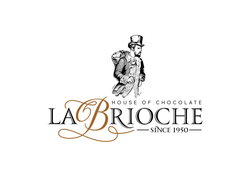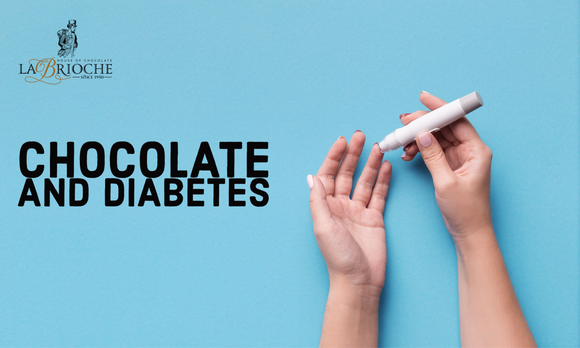
Why Do Chocolate Consumers Feel Guilty?
Omar Adnan Jabri
Consumers of chocolate may feel guilty for several reasons. One of the main reasons is related to health concerns, as chocolate is often associated with high levels of sugar, fat, and calories. Health-conscious individuals may feel guilty about consuming chocolate due to concerns about weight gain, dental health, or other health issues associated with excessive sugar or calorie intake.
Another factor that can contribute to guilt is the perception of lack of self-control. Chocolate is often seen as a tempting treat that can be difficult to resist, and indulging in it may be perceived as a lack of willpower or self-control. This can lead to feelings of guilt, especially if the consumer is trying to adhere to a specific diet or healthy eating plan and views indulging in chocolate as a deviation from their goals.
Social norms and external influences can also play a role in the guilt associated with chocolate consumption. Societal messages, cultural norms, or peer pressure can shape consumers' attitudes towards food, including chocolate. For example, if a consumer is part of a social group or community that places a high emphasis on healthy eating or body image, consuming chocolate may be seen as deviating from these norms and trigger feelings of guilt or shame.
Emotional eating is another psychological factor that can contribute to guilt associated with chocolate consumption. Many individuals turn to chocolate as a comfort food or as a way to cope with stress, sadness, or other emotions. However, after consuming chocolate in emotional states, some individuals may experience guilt or remorse for using food as a coping mechanism, viewing it as a lack of self-control or emotional regulation.
Marketing and advertising efforts by chocolate companies can also influence the guilt associated with chocolate consumption. Chocolate is often marketed as a pleasurable indulgence, and consumers may be exposed to messages that encourage them to indulge or treat themselves with chocolate. However, at the same time, marketing messages may also highlight the negative health effects of consuming chocolate, leading to conflicting emotions and guilt.
In conclusion, guilt associated with chocolate consumption can arise from health concerns, perception of lack of self-control, social norms, emotional eating, and marketing influences. It is a complex psychological phenomenon that can vary among individuals and is influenced by personal beliefs, societal norms, and external influences. Understanding the reasons behind the guilt associated with chocolate consumption can provide insights for marketers, health practitioners, and individuals themselves in managing and addressing these emotions.



